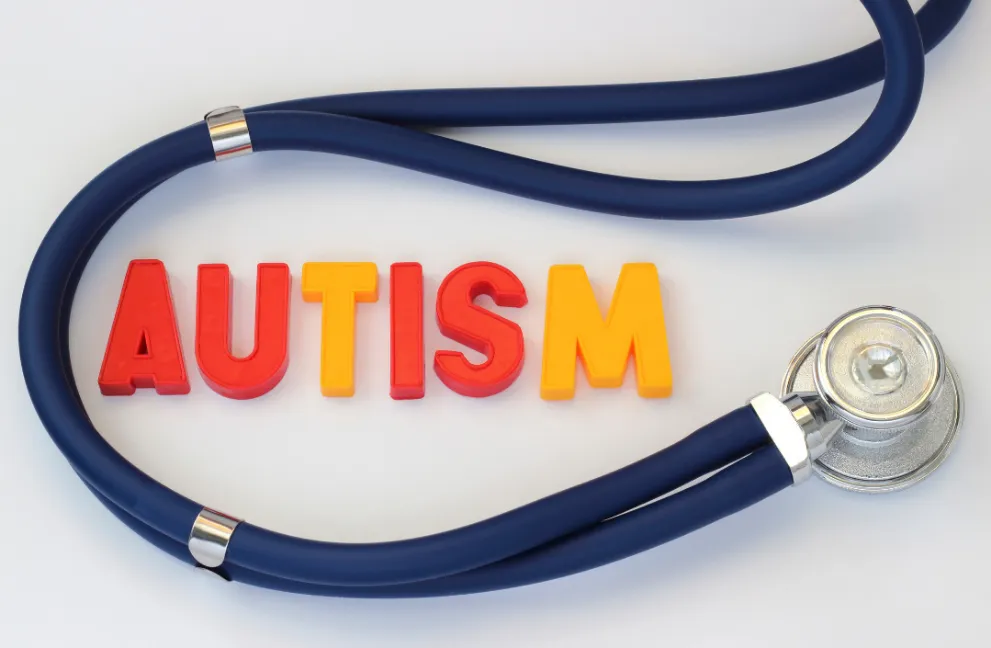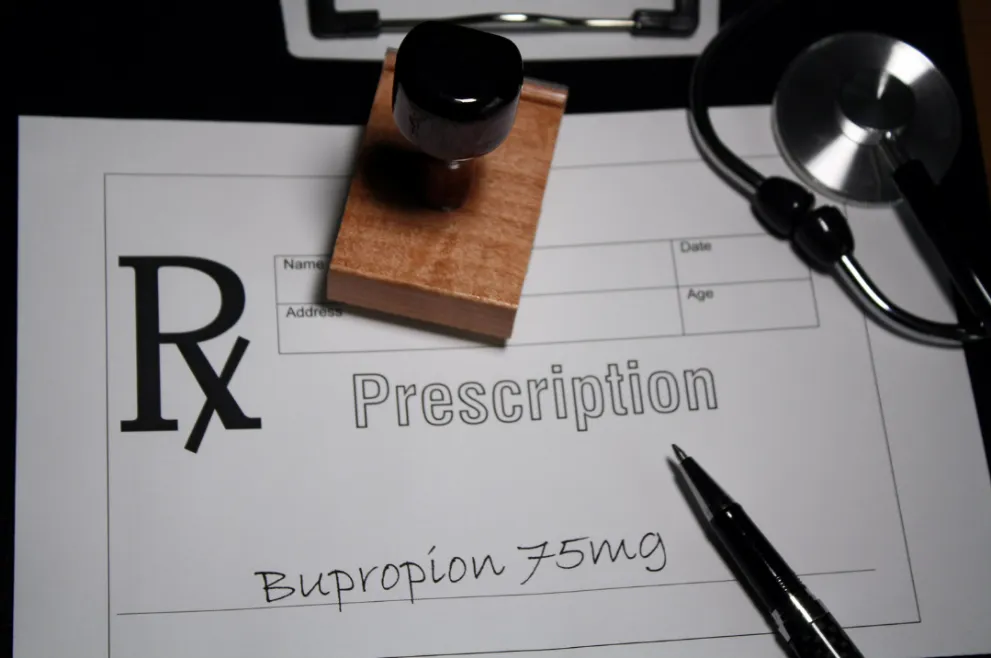How Does Aspirin Ward Off Heart Attacks?
Aspirin's superpower lies in its blood-thinning prowess. While blood clotting is our body's natural defense against excessive bleeding from injuries, it can be a double-edged sword. Dangerous clots, especially in individuals with conditions like high blood pressure or high cholesterol, can block blood flow. When these clots obstruct the heart's blood supply, it results in a heart attack.
Aspirin to the Rescue During Heart Attacks
If faced with a heart attack, taking aspirin could minimize heart damage. Its clot-dissolving nature can potentially keep the blood flowing. Nevertheless, always prioritize calling emergency services first before reaching for that aspirin bottle.
What's the Right Aspirin Dose in a Crisis?
In the heat of a heart attack, 160 to 325 milligrams (mg) of aspirin can be a lifesaver. Those on a daily aspirin routine might opt for two 81mg tablets. To speed up its action, crushing or chewing the tablet is recommended.
The Daily Aspirin Debate: Yay or Nay?
Daily aspirin has its champions, but it's not a one-size-fits-all remedy. In fact, a 2019 comprehensive study underscored that for many without established heart disease, the risks can overshadow the perks. This insight led the American Heart Association (AHA) to suggest daily aspirin mainly for those with certain heart risk factors.
How Much Aspirin for Daily Heart Defense?
For heart health, dosages hover between 75 to 325 mg daily, with 81 mg being a common low-dose choice. Always consult with a medical expert before embarking on a regimen.
Balancing Aspirin's Promise and Pitfalls
Aspirin’s capacity to thin blood, while beneficial, can also lead to excessive bleeding—either in the stomach or even the brain. Other side effects, ranging from allergic reactions to stomach ulcers, are more prevalent in specific groups, including the elderly, alcohol drinkers, or those with clotting issues.
Prescribed Aspirin? RxLess Offers Savings and Confidence
If your doctor prescribes aspirin for your heart health, RxLess is here to help. Not only can you save on your medication costs with RxLess, but you can also feel confident that the price you're quoted is the price you'll pay at the pharmacy. No surprises, just transparent savings.
Navigating heart health can be a journey filled with questions. Whether it's about aspirin's role or ensuring you get the best prices for your prescriptions, remember that informed decisions and trusted resources like RxLess are your best allies.
















